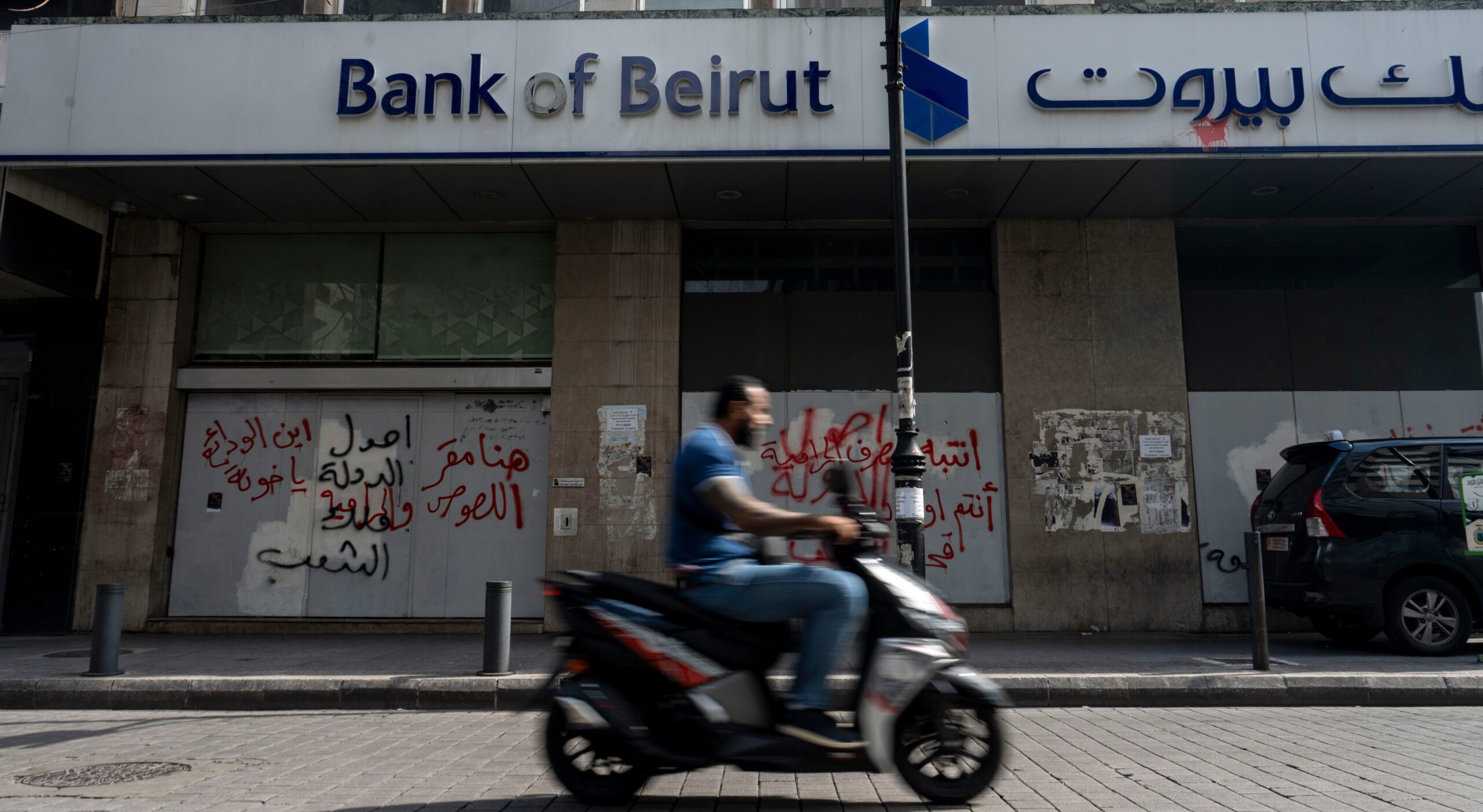Last week, the Lebanese government initiated a new “Security Plan” to crack down on unlicensed motorcycles in the country. A few days in, reactions to its implementation have escalated to complete chaos in Beirut’s southern suburbs and in different areas around the capital.
The campaign first sparked public attention when the Internal Security Forces seized the motorcycle of a member of the Lebanese Armed Forces, highlighting a clash at the level of the country’s security apparatuses.
As the waves of confiscation carried on, tensions erupted across Lebanon.
On Saturday night, fighting broke out between local residents and members of the Mrayjeh police station in the Ghadi-Laylaki municipality in Beirut’s southern suburbs.
Local residents threw firecrackers at the entrance of the police station, after which fighting quickly escalated into a full-blown exchange of gunfire between residents and policemen stationed in the area.
In and around the capital, residents of different areas took to the streets and imposed road blockages to protest the government’s plan. Roads included the Salim Slem highway, the Choueifat Road near the Ghandour factory, and many other central lines.
A Chaotic Mix of Measures
On the ground and through different social media platforms, the government’s Security Plan triggered a wide range of reactions in Lebanon.
On one hand, many residents have highlighted the urgency to address the flurry of unlicensed motorcycles roaming around Beirut and the country, considering it as a central matter to address amidst rising car accident rates and disorderly traffic organization.
On the other hand, individuals who seek to register their vehicles have had limited options to do so, as the “Nafaa” vehicle registration centers have been closed for several months, with the exception of a few sporadic reopenings that didn’t last long.
A number of politicians also expressed their displeasure with how the situation is being managed by Lebanese authorities. Beirut-based Member of Parliament Ibrahim Mneimneh stressed on the rampant corruption within the Traffic Management Authority, which manages the operations at the Nafaa centers.
Mneimneh also called on the Minister of Interior, Bassam al-Mawlawi, to free the vehicle registration centers from “the guardianship of corruption,” and to open the door for adequate accountability mechanisms, as citizens cannot be responsible for matters outside their control.
A Raging State of Lawlessness
Overall, the current situation is quintessential of the state of the Lebanese politico-legal landscape: a complete lack of structuring at the policymaking level, reinforcing and reinforced by chaos on the social level.
The Security Plan – mirroring other major political files such as the vacant presidential seat, the displacement crisis, and others – showcases the lack of comprehensive solutions at the country’s political level and an utter disregard of human rights, inequalities and the poorest groups’ access to basic needs.


